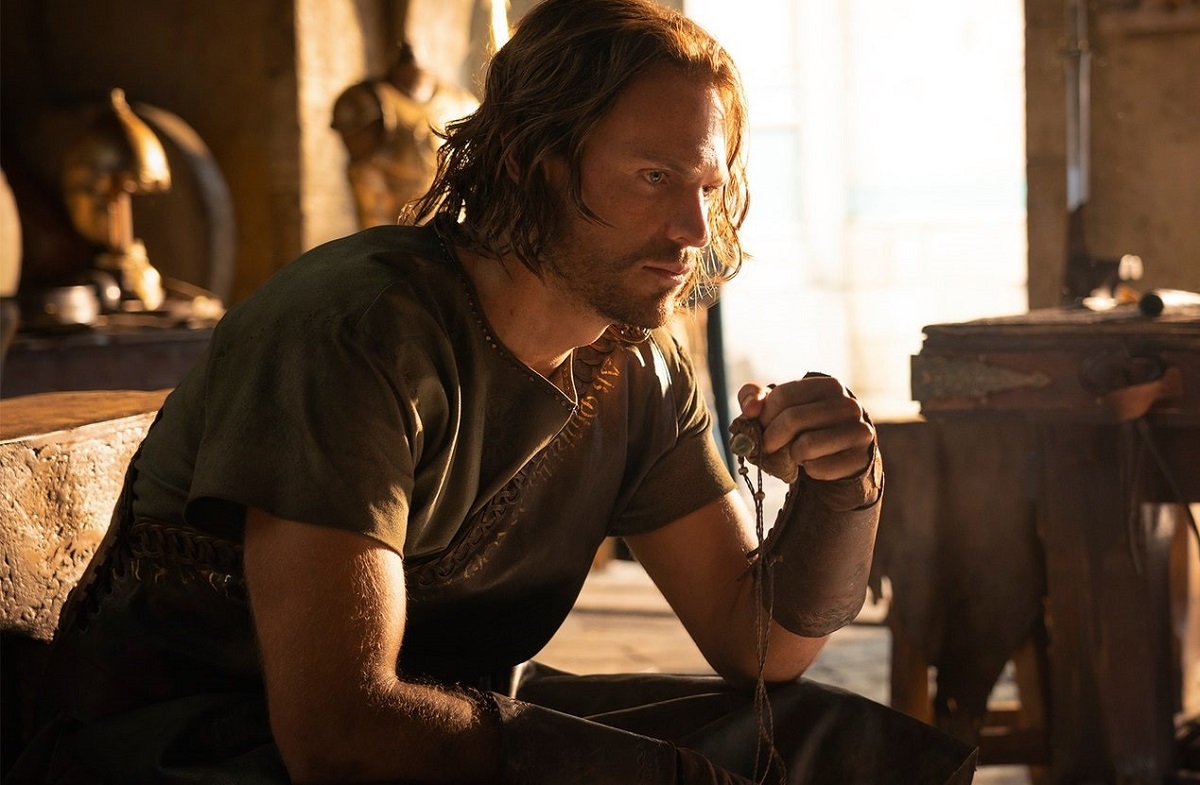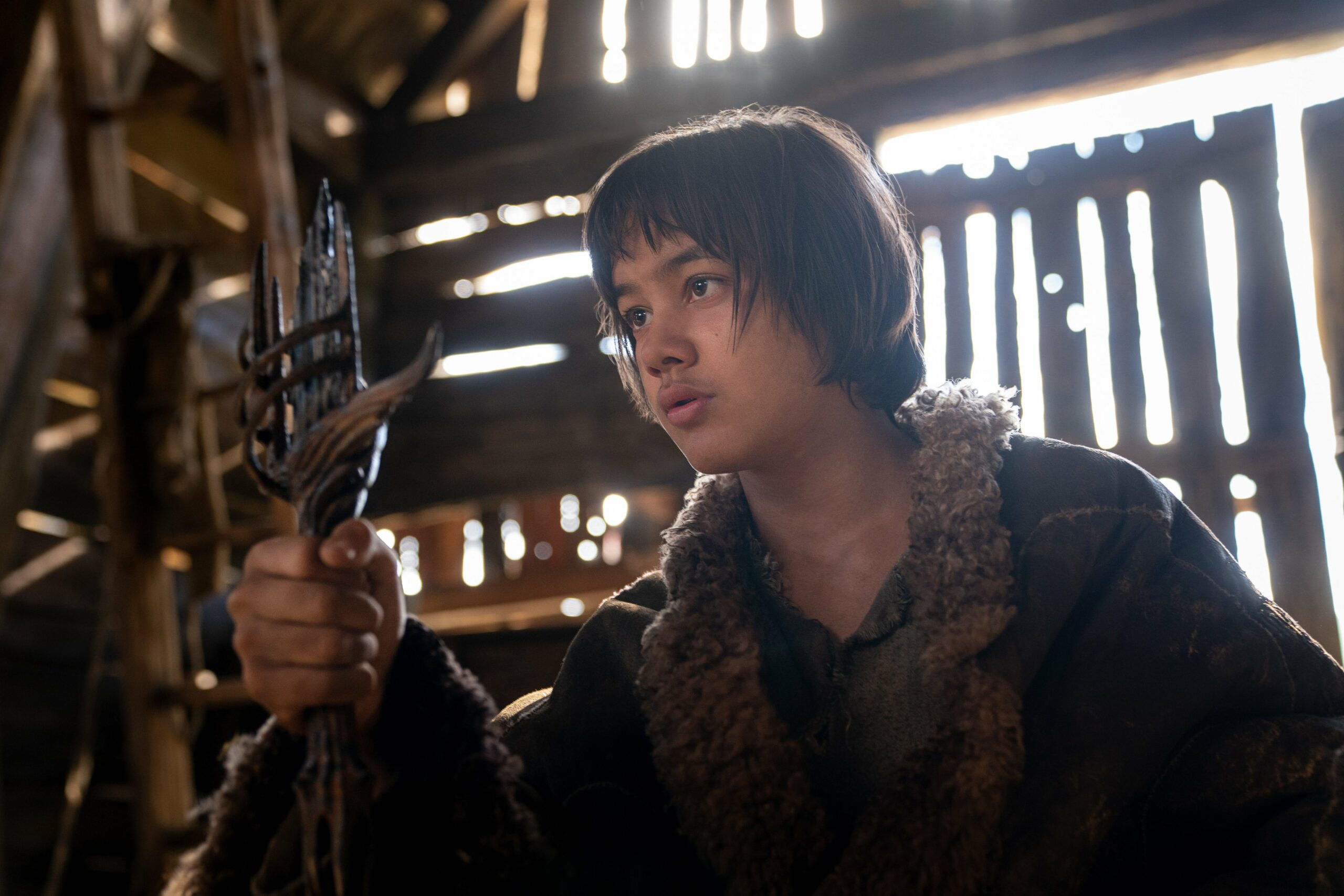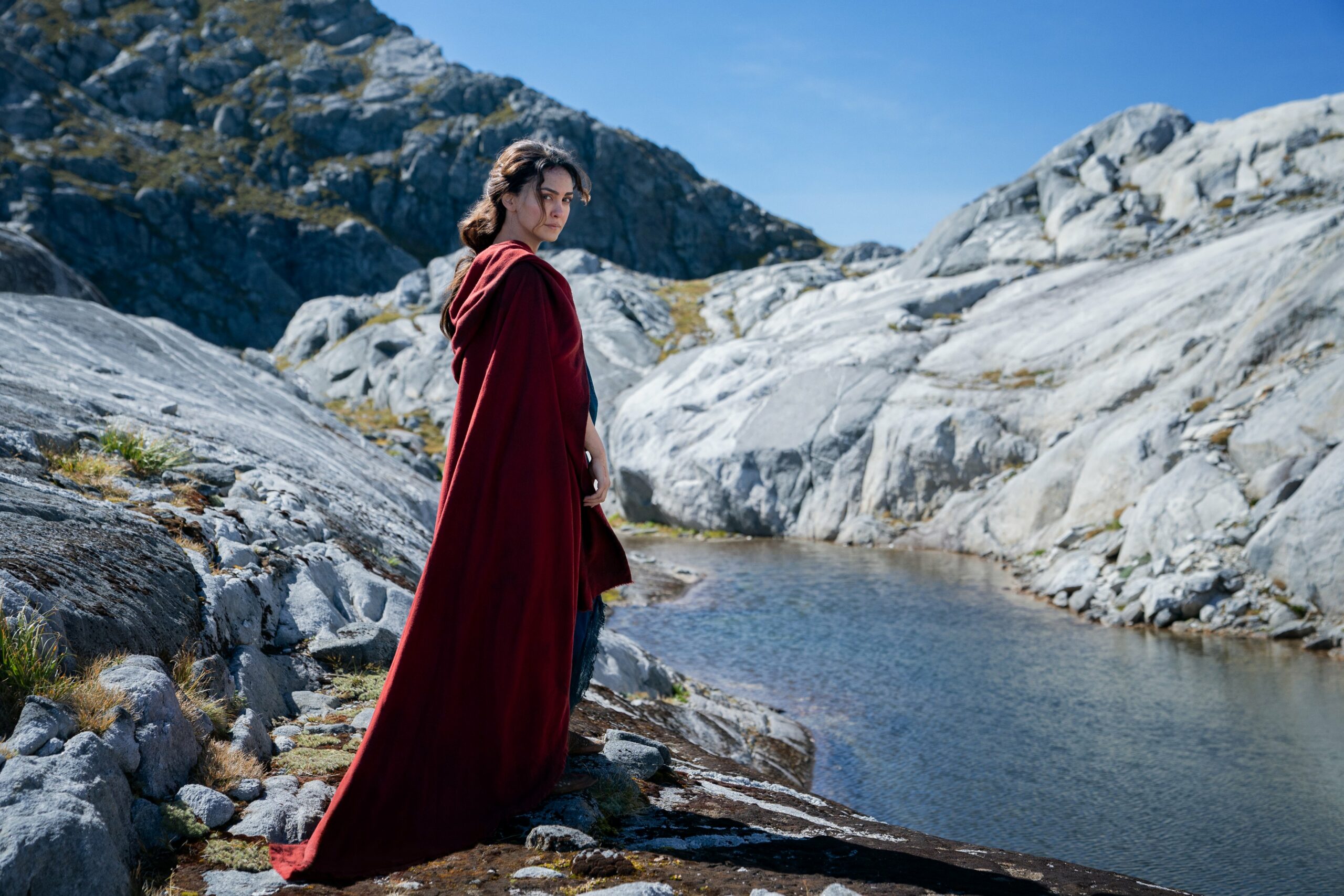The Lord of the Rings: The Rings of Power is consulting Peter Jackson and his writers, bringing on Tolkien expert Tom Shippey, contracting Weta Workshop to work on set pieces and Weta Digital on the VFX like in the movies, and last but not least, hiring Howard Shore to score the new Prime Video series. But showrunner Patrick McKay insists that they’re not trying to imitate the cinematic trilogies, but rather do their own thing with Tolkien’s expansive mythology.
In a chat with Empire Magazine to promote the return of the fantasy king, McKay said that when it came to influences, the only question they were interested in asking was: “What would Tolkien do?”
Anyone approaching Lord of the Rings on-screen would be wrong not to think about how wonderfully right Jackson got so much of it,” he said. “But we’re admirers from afar, that’s it. The Rings of Power doesn’t try to compete with him. You can psych yourself out in keeping up with the Joneses, but one of the mantras on this was ‘go back to the source material… What would Tolkien do?’
Some of these other competing properties – they play one octave really beautifully, but Tolkien was playing every note on the piano. He had that variety of tones. There’s the whimsy, friendship, and humor that Harry Potter is so beloved for – but there’s sophistication, politics, history, mythology, and depth, too. So for us, it was about going deeper into what we are, rather than worrying about what other folks are doing.
It seems that in spite of all the help Amazon Studios has received from Middle-earth veterans who worked with Peter Jackson to bring Tolkien’s world to life all those years ago, the show is opting to go down a different path, at least in terms of themes and overall tone. Sure, maybe the world design will remind you of some of the trilogies’ imagery or its unforgettable musical motifs, but at the end of the day, The Rings of Power is the culmination of the work of thousands of people, many of whom had never worked on this world or even the high fantasy genre before.
Let’s hope time proves that Amazon’s whopping $460 million budget for the first season of this ambitious enterprise hasn’t gone to waste when the show premieres on Sep. 2.



